After nearly four decades at the helm, Anna Wintour, the iconic Editor-in-Chief of American Vogue, is preparing to transition away from her day-to-day duties. The 75-year-old fashion powerhouse announced at an internal meeting on June 26th that she will be handing over operational control to a newly established Head of Editorial Content role.
While relinquishing her role as Editor-in-Chief of Vogue US, Wintour will retain her influential positions as Condé Nast’s Global Chief Content Officer and Global Editorial Director of Vogue.
This transition signals a significant shift within the fashion and media landscape, igniting speculation about who will be her successor. The question on everyone's mind: Who will be the next leader to guide Vogue into the future?
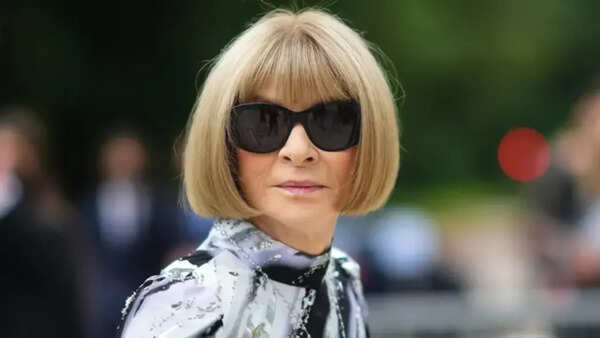
The individual stepping into this role must possess a unique combination of cultural influence, business acumen, and digital expertise. As the industry anticipates this generational change, let's examine the qualities and potential candidates who could inherit this prestigious position.
Selecting the new Head of Editorial Content is no easy feat. What qualities are essential for succeeding Wintour? What must a candidate demonstrate to prove they are worthy of leading Vogue?
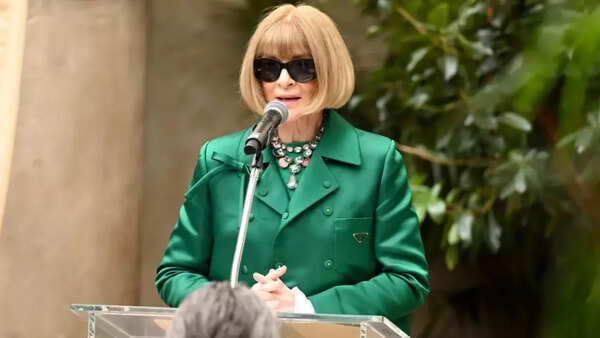
Here are key attributes the ideal candidate must possess:

The position of Head of Editorial Content at Vogue is highly coveted. Naturally, many industry leaders are likely considering the opportunity. Who might be the next real-life Miranda Priestly?
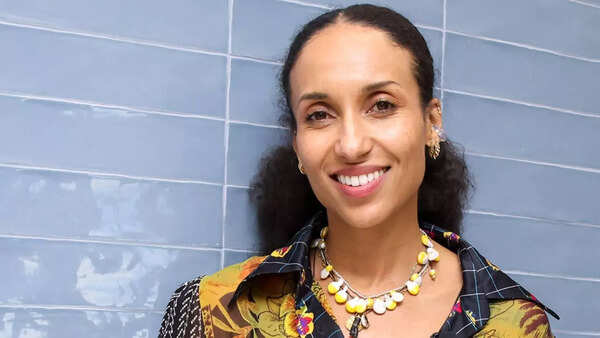
While Condé Nast has not officially announced a successor, several potential contenders are generating significant buzz:
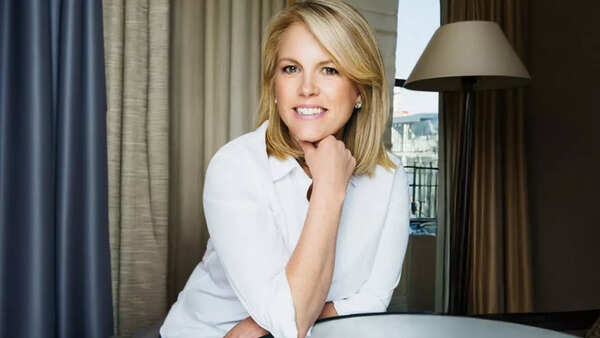
Internal candidates, such as Taylor Antrim (Deputy Editor) or Chloe Malle (Head of Vogue US web), are also rumored to be in consideration. These individuals possess a deep understanding of the brand and represent a commitment to continuity.
Newer articles
Older articles
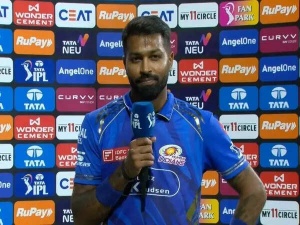 Esha Gupta Sets Record Straight: Actress Addresses Hardik Pandya Dating Rumors
Esha Gupta Sets Record Straight: Actress Addresses Hardik Pandya Dating Rumors
 Google Maps to Boost Navigation Accuracy with Fused Orientation Provider API
Google Maps to Boost Navigation Accuracy with Fused Orientation Provider API
 Global Vaccination Rates Plunge: Millions of Children Now Vulnerable to Preventable Diseases
Global Vaccination Rates Plunge: Millions of Children Now Vulnerable to Preventable Diseases
 Rishabh Pant: Greg Chappell Hails India Star as Cricket Revolutionary
Rishabh Pant: Greg Chappell Hails India Star as Cricket Revolutionary
 Skin Cancer Alert: How to Identify Suspicious Moles and Early Warning Signs
Skin Cancer Alert: How to Identify Suspicious Moles and Early Warning Signs
 Gavaskar Calls for Kuldeep Yadav's Inclusion in Second Test Amid Bumrah Fitness Concerns
Gavaskar Calls for Kuldeep Yadav's Inclusion in Second Test Amid Bumrah Fitness Concerns
 Is Daily Pooping a Must? Understanding Bowel Regularity and When to Worry
Is Daily Pooping a Must? Understanding Bowel Regularity and When to Worry
 Suryakumar Yadav's Sports Hernia: Understanding the Injury, Recovery, and Risk Factors for Athletes
Suryakumar Yadav's Sports Hernia: Understanding the Injury, Recovery, and Risk Factors for Athletes
 Vijay Sethupathi Apologizes Amid Controversy Over Son Surya's Debut Film 'Phoenix' and Alleged Video Removal Pressure
Vijay Sethupathi Apologizes Amid Controversy Over Son Surya's Debut Film 'Phoenix' and Alleged Video Removal Pressure
 Install Baccarat Hack Tool: The Secret to Winning
Install Baccarat Hack Tool: The Secret to Winning